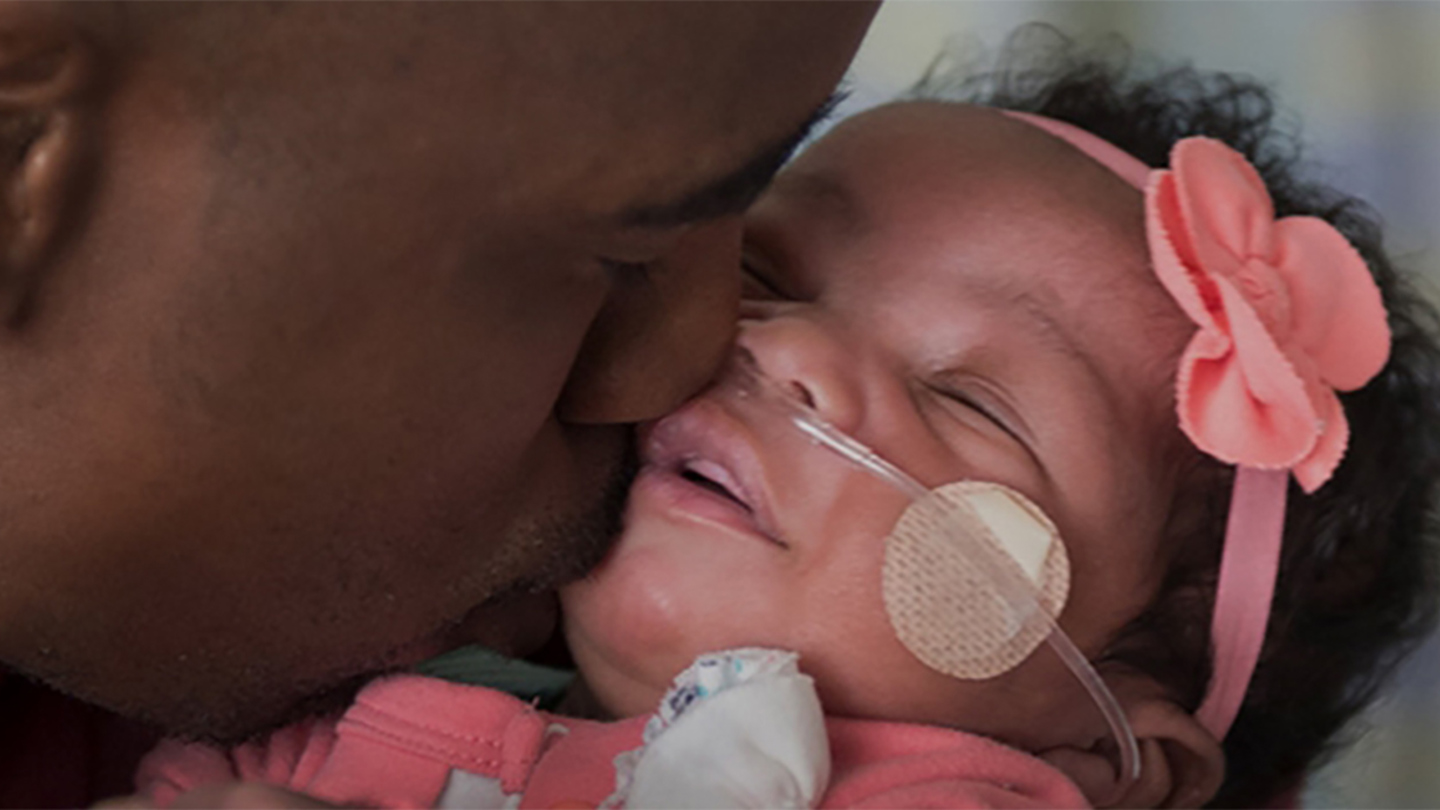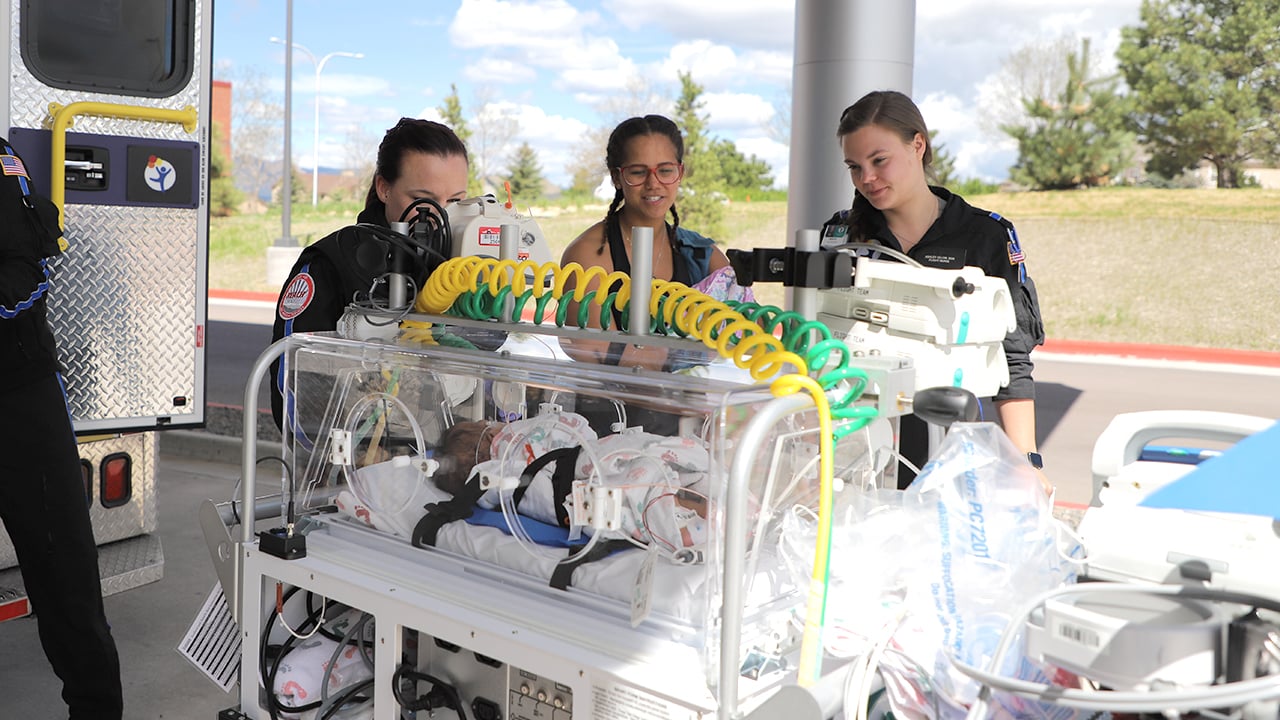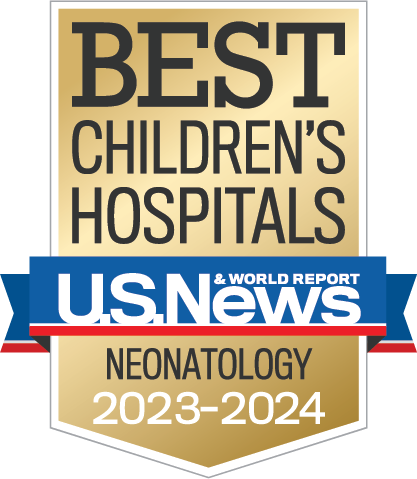- Doctors & Departments
-
Conditions & Advice
- Overview
- Conditions and Symptoms
- Symptom Checker
- Parent Resources
- The Connection Journey
- Calm A Crying Baby
- Sports Articles
- Dosage Tables
- Baby Guide
-
Your Visit
- Overview
- Prepare for Your Visit
- Your Overnight Stay
- Send a Cheer Card
- Family and Patient Resources
- Patient Cost Estimate
- Insurance and Financial Resources
- Online Bill Pay
- Medical Records
- Policies and Procedures
- We Ask Because We Care
Click to find the locations nearest youFind locations by region
See all locations -
Community
- Overview
- Addressing the Youth Mental Health Crisis
- Calendar of Events
- Child Health Advocacy
- Community Health
- Community Partners
- Corporate Relations
- Global Health
- Patient Advocacy
- Patient Stories
- Pediatric Affiliations
- Support Children’s Colorado
- Specialty Outreach Clinics
Your Support Matters
Upcoming Events
Mental Health Town Hall
Tuesday, April 23, 2024Join Children’s Hospital Colorado pediatric experts for a virtual...
-
Research & Innovation
- Overview
- Clinical Trials
- Q: Pediatric Health Advances
- Discoveries and Milestones
- Training and Internships
- Academic Affiliation
- Investigator Resources
- Funding Opportunities
- Center For Innovation
- Support Our Research
- Research Areas

It starts with a Q:
For the latest cutting-edge research, innovative collaborations and remarkable discoveries in child health, read stories from across all our areas of study in Q: Advances and Answers in Pediatric Health.



Having a baby in the neonatal intensive care unit (NICU) can be stressful for parents, and if your baby needs critical transport services to get there, it can add to your stress. Rest assured, if your baby needs neonatal (newborn) transport services, Children’s Hospital Colorado has the safest and most advanced capabilities in the Rocky Mountain region.
What is the Neonatal Transport Program?

Our neonatal transport services are part of the larger Children’s One Flight Program. This fleet of advanced ground and air vehicles is the only team providing critical care transport dedicated 100% to kids in our seven-state region. Our experts are trained extensively and are able to provide intensive-level care to previously underserved areas.
Our vehicles — a helicopter, fixed-wing plane and two ambulances — are designed specifically to care for our tiniest patients. This means more interior space for necessary equipment and caregivers and an improved and secure platform for the isolette. The isolette is the clear, plastic, enclosed crib that maintains the proper environment for newborns and protects them from germs.
We typically provide neonatal transport in two instances. We transport babies from rural and underserved areas to one of our locations or another care location. We also transfer babies from one care location to another, typically if your baby needs a higher level of care than was available at their original location.
Children’sOne serves newborns and their families 24 hours a day, 7 days a week. In addition to being the only pediatric-focused team in our region, we have national and international capabilities to transport kids to or from almost anywhere in the world through our partnership with AirMed International.
What to expect from neonatal transport
Each mode of transport has unique considerations that could change what to expect from the transport team. Whenever possible, our vehicles can accommodate a parent or family member to accompany your baby. Sometimes we can’t take a parent or family member with us due to weather conditions, altitude, team members on board or weight considerations. These considerations change with weather, heat and altitude.
If we aren’t able to bring a family member along, we will call you upon arrival at the receiving hospital. While we have satellite and radio communication capability in all our vehicles to consult with the hospital, we typically can’t contact you during transport because we are focused on the safety of your baby and our crews during transport.
Our team’s philosophy is to bring the NICU to the patient, so when we arrive we may spend a considerable amount of time at the bedside with your baby. We stabilize our patients whenever possible prior to loading them for transport. We may spend time placing IVs or umbilical lines, evaluating X-rays, protecting the airway and working to provide respiratory support, in addition to providing medications to ensure your baby is stable for transport. We typically consult with our neonatologists during this process. If your baby has a surgical emergency or requires care we can’t provide, we will move more quickly to rapidly transport them to definitive care. Loading in these cases may only take 10 to 15 minutes.
Regardless of the situation, you can always expect us to introduce ourselves upon arrival, receive reports from the sending facility and make all attempts to let you see your child before we depart when time allows. Please know that you are the biggest advocate for your child, so please share any concerns or information with us that may help us care for your child.
What services are provided during neonatal transport?
Because each baby is unique, our neonatal transport team provides individualized care to each baby. The neonatal care services we provide include:
- High frequency, conventional and non-invasive ventilation for babies with breathing issues
- Nitric oxide therapy to treat pulmonary hypertension in newborns
- Endotracheal intubation to open a baby’s airway
- Rapid sequence intubation, which is a process for opening the airway for babies who might have compromised airways
- Surgical airway management
- Arterial line placement to continually measure blood pressure
- Chest decompression to release air pressure in the chest that can lead to respiratory distress
- Blood administration
- Ultrasound for babies to help with IV placement and diagnostic purposes
- X-ray interpretation
- Head and body cooling to treat brain injuries or impaired brain function
Who is on our neonatal transport team?
To provide the best care for newborns, we employ a multidisciplinary team of experts trained specifically in neonatal critical care. Our team has over 1,000 years of combined experience and includes:
- Neonatology, pediatric emergency medicine, cardiology and intensive care doctors
- Flight nurses
- Flight respiratory therapists
- Paramedics
- Emergency medical technicians (EMTs)
- Pilots
- Mechanics
- Communication specialists
Why choose Children’s Colorado for neonatal transport?
At Children’s Colorado, our care teams are dedicated entirely to caring just for kids, and neonatal transport services are no different. Research and recommendations by the American Academy of Pediatrics show that children transported by a specialty care team such as Children’sOne have reduced complications and improved survival rates. Your child is far less likely to experience medication errors and dislodgement of critical devices such as breathing tubes and IVs when transported by a team dedicated just to children.
Our experts have developed skills specific to transporting newborns through extensive training and experience to ensure your baby has the safest transport possible.

Compassionate care, wherever you are
We’re here when you need us. Telehealth appointments are available across every specialty, so you can get the high-quality care we’ve always offered from the comfort, privacy and convenience of home.
See if telehealth is right for you



 720-777-0123
720-777-0123




 Our pioneering neonatal program treats the smallest patients at their most vulnerable, achieving the outcomes that affect the rest of their lives.
Our pioneering neonatal program treats the smallest patients at their most vulnerable, achieving the outcomes that affect the rest of their lives.